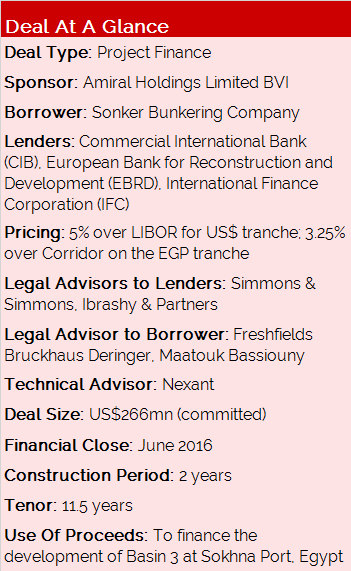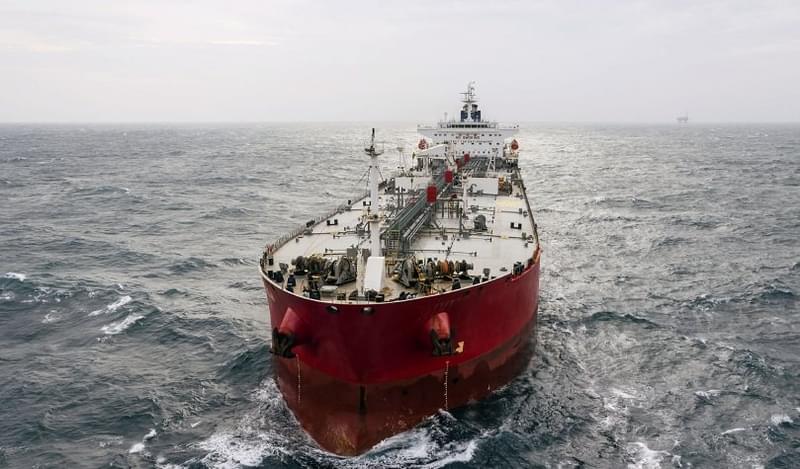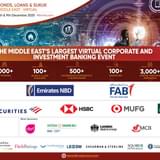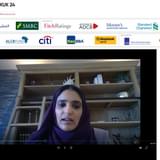 Background
Background
In early 2015, Sonker Bunkering Company (Sonker) was appointed by Dubai Ports World Sokhna (DPWS) as the sub-concessionaire, manager and operator of Liquid Bulk Terminal in Basin 3 of Sokhna Port. Sonker is also responsible for the dredging and widening of Basin 3 for the docking of a Floating Storage Regasification Unit (FSRU).
To fund the development of the Bulk Liquids Terminal, Sonker Bunkering Company secured a financing package totalling US$266mn from the Commercial International Bank (CIB), International Finance Corporation (IFC), and the European Bank for Reconstruction and Development (EBRD).
The project is critical for the development of the Red Sea corridor for petroleum exports and the petroleum industry more broadly.
Transaction Breakdown
The funding package includes a US$27.821mn and EGP345mn (US$38.844mn) facility from CIB, a senior debt investment of up to US$125mn in addition to a mezzanine facility of up to US$25mn to finance the development and operation of a Liquid Bulk Terminal. The EBRD is looking to extend up to US$72mn in a senior loan facility and a US$22mn mezzanine facility, while the IFC has approved up to US$97mn in funding for the project.
The overall tenor on the facility, at 11.5 years, is significant given the large foreign currency component of the funding package. The deal size is also important given the US dollar shortage currently facing the Egyptian economy.
The structure also includes a Debt Service Reserve Account, with the first DSRA requirement to be partially covered by an L/C issued by an agreed list of banks, while the remaining required amount will be covered by a corporate guarantee from the sponsor.
Additionally, the sponsor is making a contingent equity commitment available in order to satisfy ongoing project costs.
“CIB is committed to supporting Egypt's liquid storage capacity for petroleum products and views this project as of strategic importance to ensure continuity of supply and minimize importation costs of products,” said Heba Abdellatif, Head of Debt Capital Markets, Commercial International Bank (CIB).
“We believe the cooperation between IFIs such as IFC, their partner financial institutions, EBRD and ourselves presents a template for project financing given the large foreign currency funding requirements and is a signal of the positive outlook for the Egyptian economy.”
The project is significant as it comes at a time when the Egyptian Government is seeking to boost imports of liquefied natural gas (LNG) in order to satisfy booming natural gas demand, which has increased 7% annually on average over the past decade.









